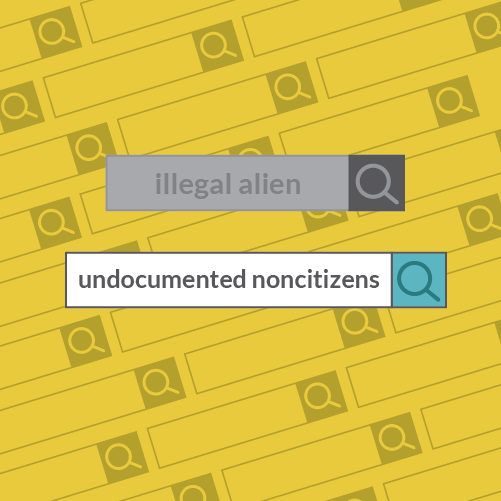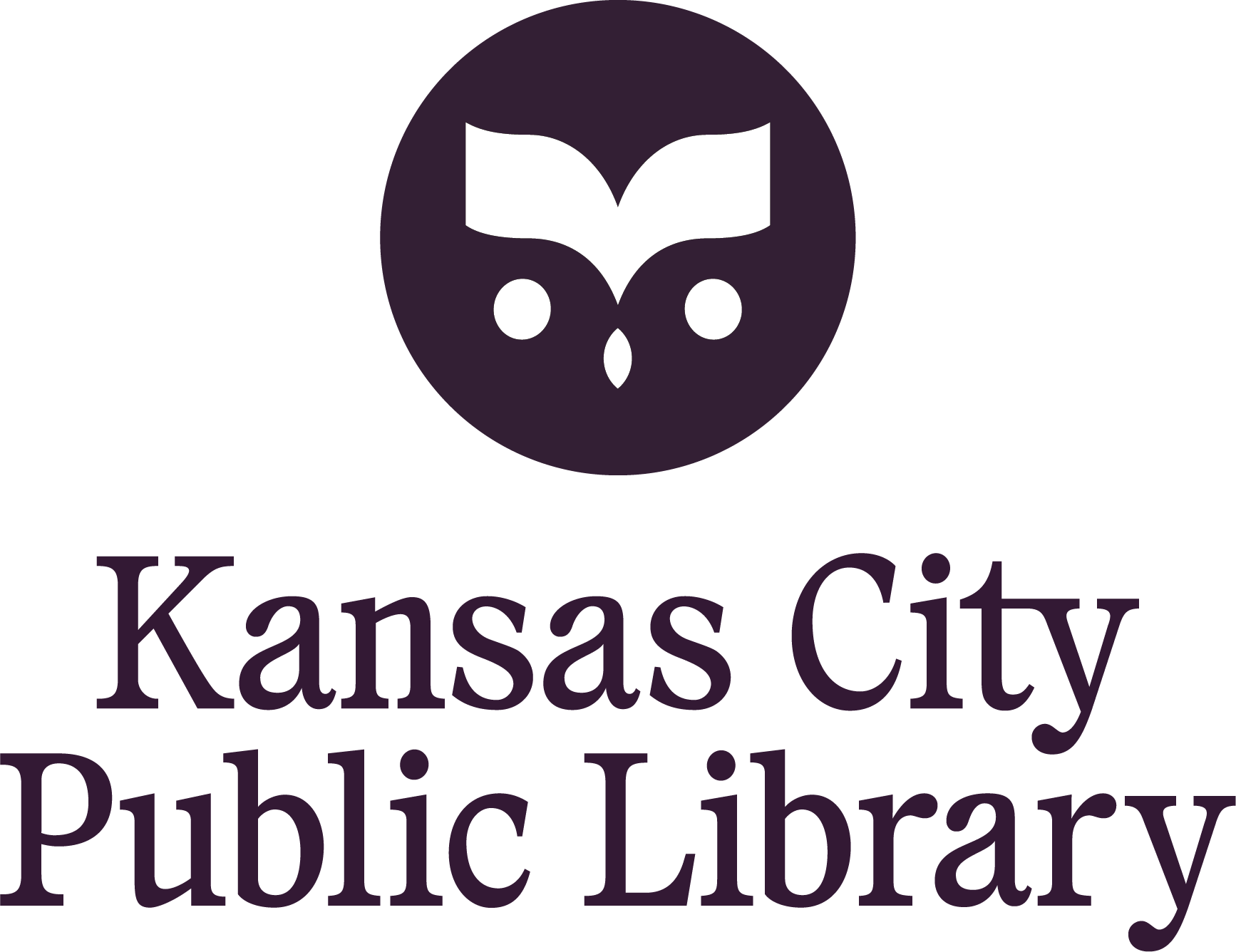‘Illegal Aliens’ No More: The Kansas City Public Library Changes a Hurtful Term
 Anyone who’s survived childhood knows that unwelcome descriptors can do a lot of damage. But if that unwelcome term is in widespread use by a trusted institution – say, a library – the entire world may see it as acceptable.
Anyone who’s survived childhood knows that unwelcome descriptors can do a lot of damage. But if that unwelcome term is in widespread use by a trusted institution – say, a library – the entire world may see it as acceptable.Until March, that had been the case at the Kansas City Public Library with the words “illegal aliens” used to describe undocumented people living in the United States.
However, a human being cannot be illegal. No one talks about an “illegal student” who has engaged in underage drinking or an “illegal pedestrian” who has jaywalked.
The Kansas City Public Library staff spent a great deal of time considering this catalogue entry and decided they could no longer delay a modification.
So, Director of Library Collections Debbie Stoppello made a decision. She says that in 2020, “Things shifted with the murder of George Floyd. Here was a shift in the cultural perspective, and it became untenable to wait any longer to change the search term.”
What she’d been waiting on was a decision by the Library of Congress, the controlling authority over search headings. The Library of Congress had added “aliens, illegal” to its catalogue in 1980 and updated it to “illegal aliens” in 1993, according to libraryjournal.com.
The easiest way for the Kansas City Public Library and every other library in the country to update their terms was to wait for the Library of Congress to make another change.
But it wasn’t until 2016, when a group of Dartmouth University students brought national attention to the term, that changing it became not only a discussion but also a newsworthy one. The students had seen “illegal aliens” in their school catalogue and pointed out that the label felt dehumanizing and worked to destabilize trust in the library.
Those students lobbied the Library of Congress for an edit, but partisan politics knocked progress off track and the challenge dragged on for years. In Kansas City, continuing to wait felt unconscionable. According to a 2019 documentary about the students’ work, Change the Subject, 12,800 libraries nationwide were using the search heading “illegal aliens.” In March 2021, the Kansas City Public Library changed “illegal aliens” to “undocumented noncitizens” well ahead of many thousands of others.
“We developed a way to make the change, not only with an eye toward this, but an eye toward being no longer reactive – instead, being responsive and proactive,” Stoppello explains.
She says that, ideally, the search headings in a library catalogue would be the ones each community uses to describe itself. However, some of those communities are so diverse that agreement on just one word is very difficult – she cites Native Americans, a group made up of many tribal nations.
Additionally, the LGBT community is largely underrepresented in search terms, so that some of its members don’t see their identities reflected at all.
“Words matter at all levels,” Stoppello says. “We talk about microagressions, right? And with words that are repeated often, you want them to represent you correctly, and, if they don’t or they’re non-representative in a bad way, you want them removed.”
Many libraries don’t have a process in place to make changes to their catalogue terms until the Library of Congress acts. The independent move by the Kansas City Public Library is enviable in the world of library science. Stoppello’s office has fielded calls for advice from other systems across the nation as they, too, look to be more thoughtful toward the communities they serve.
Changing terms isn’t unusual and typically doesn’t involve politics, as it quickly did when the Library of Congress favorably responded to the Dartmouth students’ petition. The nation’s political climate around immigration in 2016, when the petition was made, was such that conservative lawmakers vocally opposed the search heading change.
It wasn’t until November 2021 that the Library of Congress implemented a plan to cancel “illegal aliens,” replacing it with a combination of two headings: “noncitizens” and “illegal immigration.”
Bruce Rennie, the collection data librarian at the Kansas City Public Library, says thousands of search headings are changed every year and most receive no fanfare.
The Library of Congress replaces some words because they’re archaic, like changing “cookery” to “cooking.”
Others are more along the lines of “illegal aliens.”
For instance, Rennie says that “man” was replaced by “human beings.” And for decades, “negro” was the search term to describe an African American or any Black person from any country.
“I think it was the ’70s when they changed that to Afro-Americans,” Rennie says. “And then I think in the early ’90s, they changed Afro-Americans to African Americans.”
Those changes were decades in the making and deserve to be revisited frequently.
The same will be true with “illegal aliens,” which hasn’t been entirely scrubbed from the Kansas City Public Library’s system. Stoppello and her team decided that, because a large segment of the population the Library serves expects to find information that way, it needs to stay discoverable; it still work behind the scenes.
But Stoppello says she and her team grappled with the decision.
She says, “We have to meet our patrons where they are and meet their needs, even if we disagree. Of course, there are changing cultural standards, and certain things are completely non-negotiable anymore. ‘Illegal aliens’ is becoming that way; it is not yet that way.”

